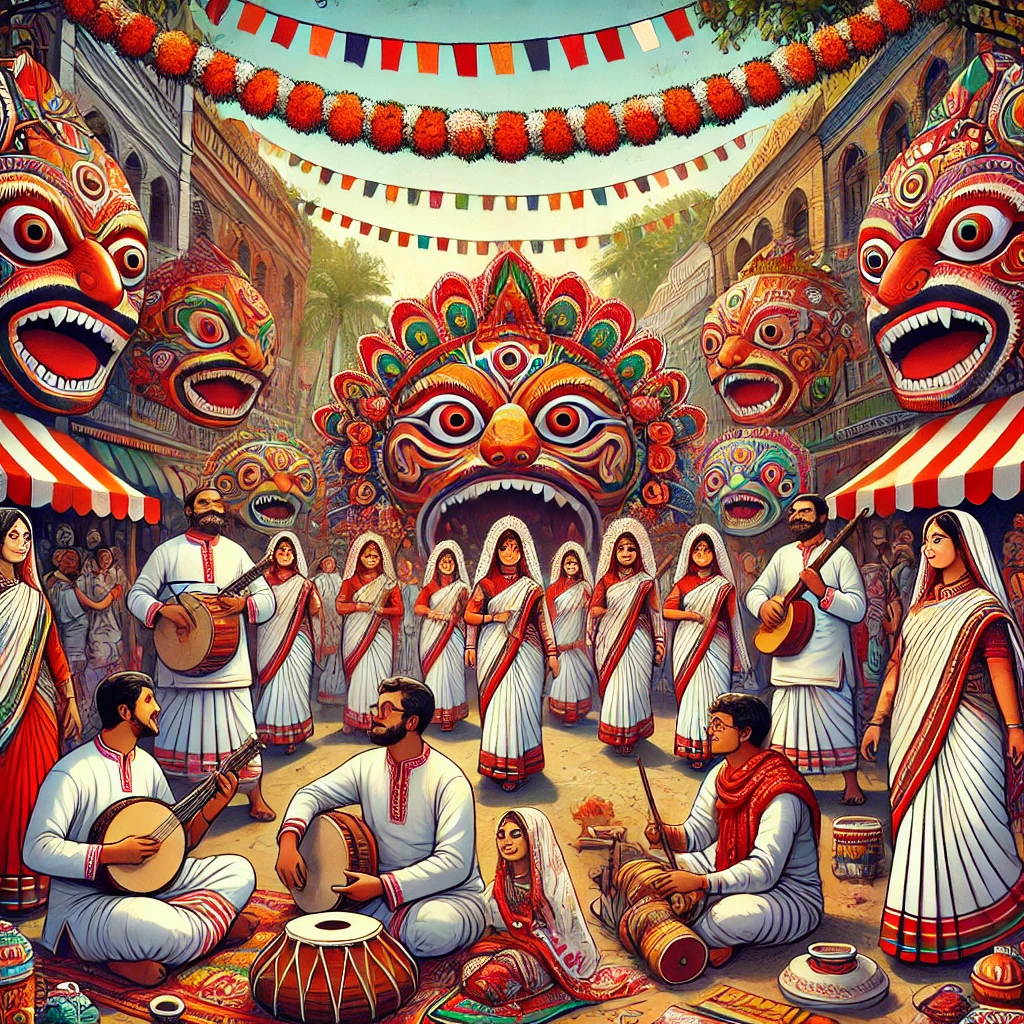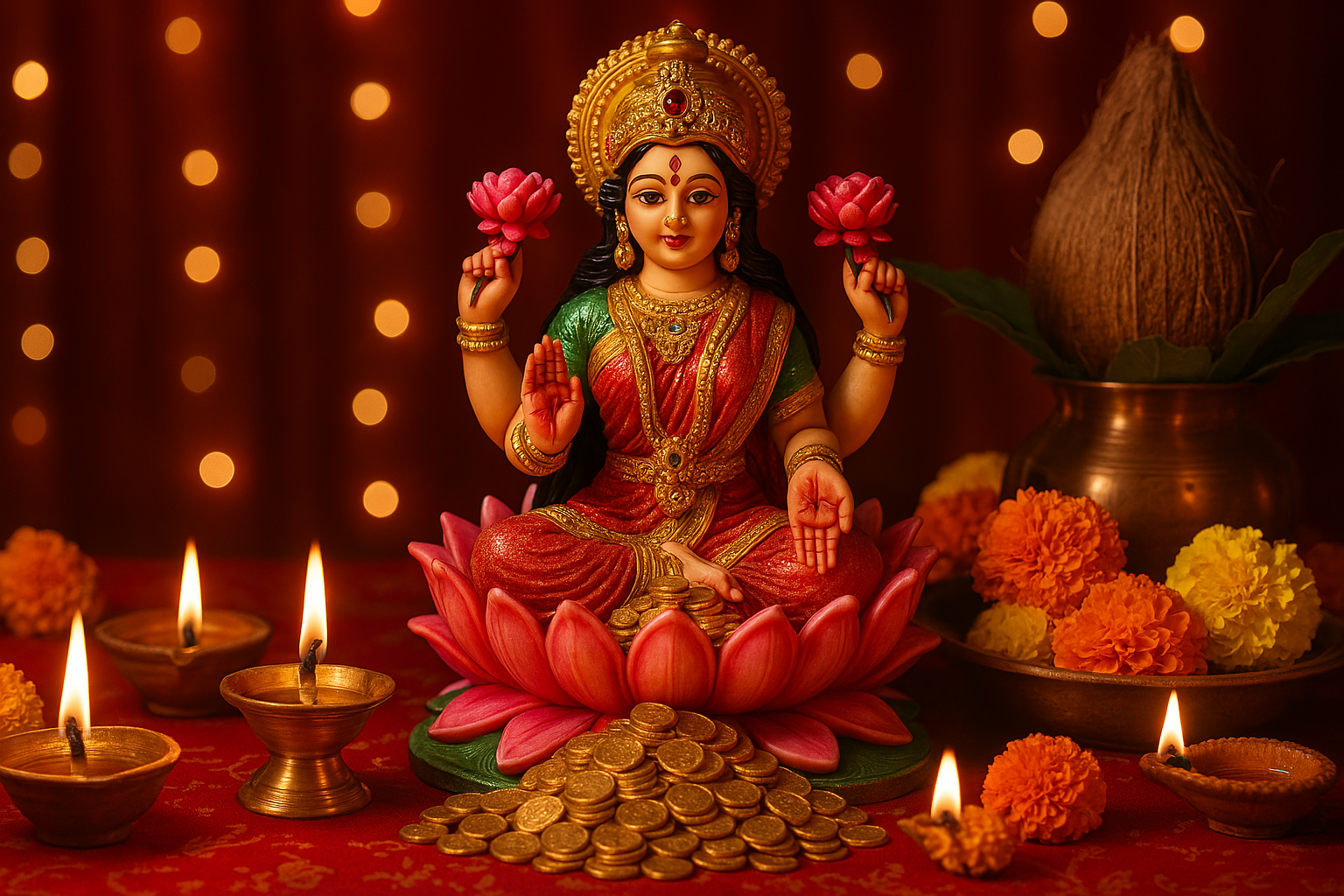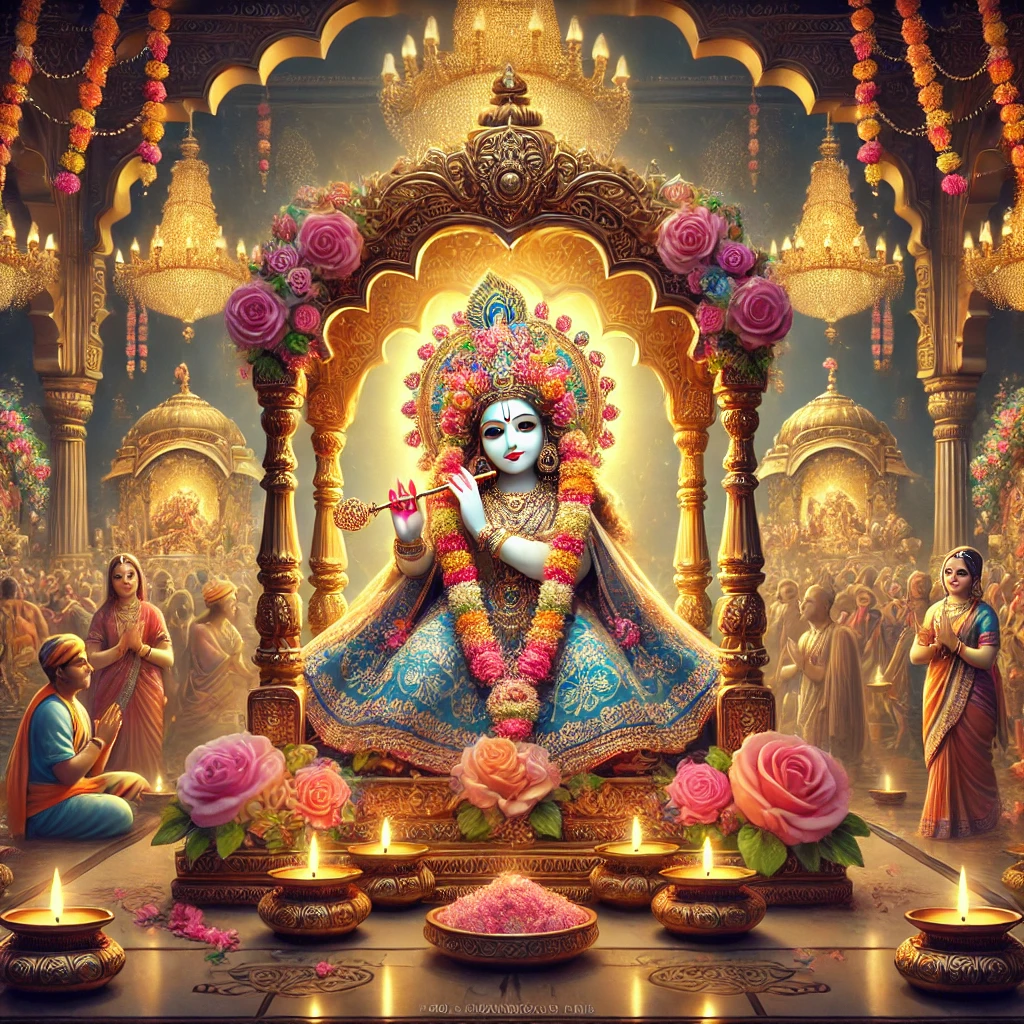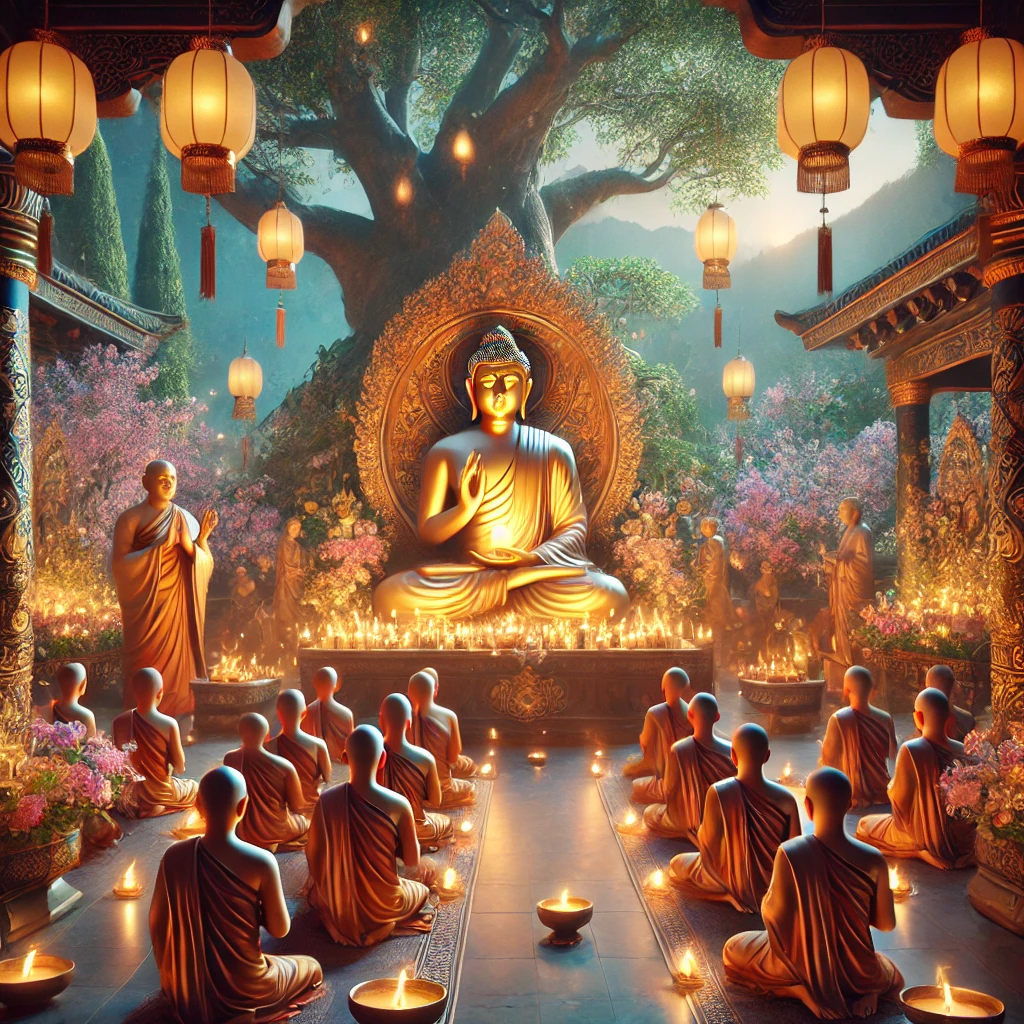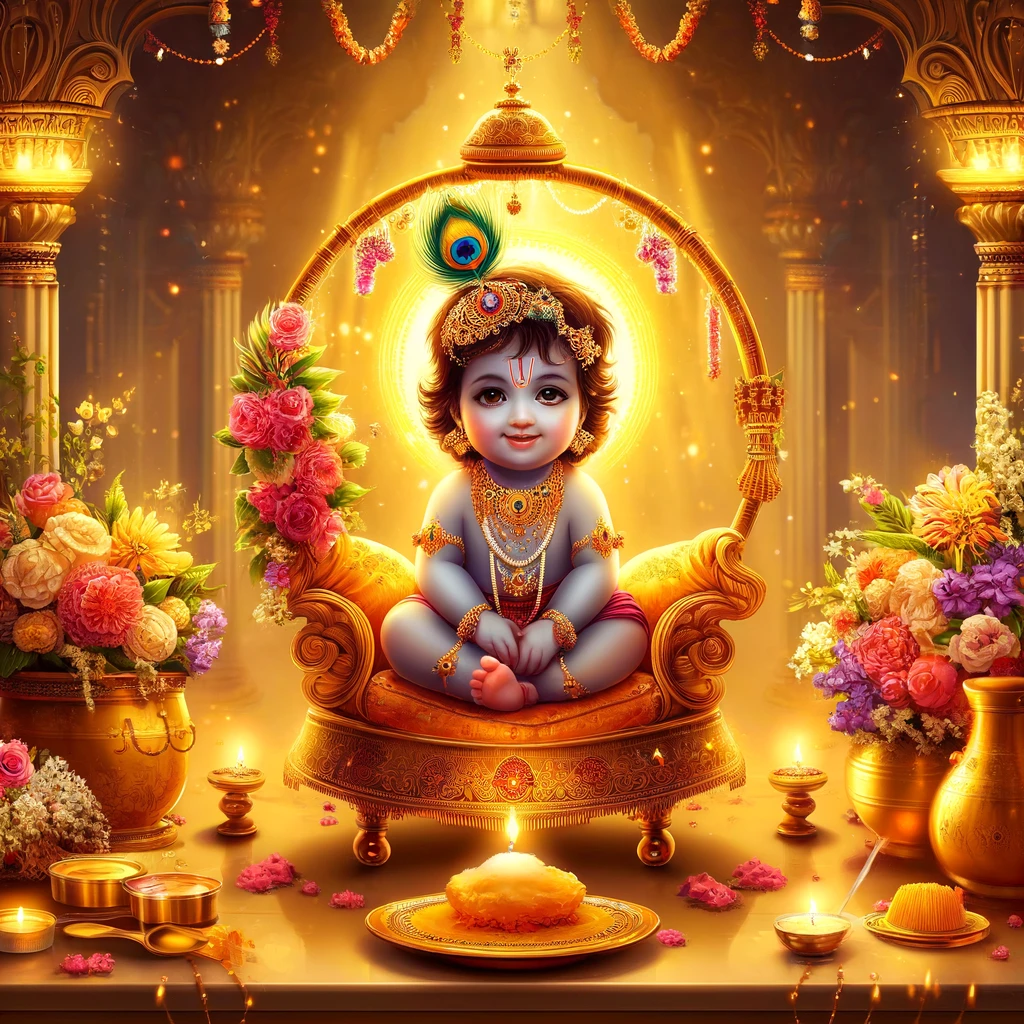Pohela Boishakh, the first day of the Bengali calendar, is one of the most significant cultural festivals in Bangladesh and among Bengali communities worldwide. It marks the beginning of a new year with vibrant celebrations, traditional rituals, and a strong sense of unity among people of all backgrounds. Observed on April 14th in Bangladesh and April 15th in West Bengal, India, this festival is deeply rooted in Bengali history, culture, and traditions. It is a time for renewal, joy, and hope, bringing people together regardless of religion or social class.
Article Contents
Historical Background
The Bengali calendar, known as the Bangabda, was introduced during the Mughal era by Emperor Akbar in the late 16th century. Its primary purpose was to simplify the tax collection system for farmers, who previously followed the Islamic lunar calendar. By aligning the tax cycle with the solar agricultural calendar, Akbar ensured a more practical approach to tax payments after the harvest. Over time, Pohela Boishakh evolved from a fiscal event into a grand cultural celebration, symbolizing new beginnings and the rich heritage of Bengal.
Cultural and Social Significance
Pohela Boishakh holds deep cultural and emotional value for Bengalis. It is not just a New Year celebration but a reflection of Bengali identity, heritage, and resilience. The festival promotes inclusivity, unity, and joy, reinforcing the shared traditions of Bengali-speaking people. It is a day of cultural expression, where music, dance, and literature play a vital role in festivities. Various institutions, businesses, and organizations also embrace the spirit of the occasion by organizing events and activities that highlight Bengali culture.
Pohela Boishakh Celebrations
- The Grand Procession: Mongol Shobhajatra
One of the most iconic features of Pohela Boishakh is the Mongol Shobhajatra, a colorful procession organized by students of Dhaka University’s Faculty of Fine Arts. Recognized by UNESCO as an Intangible Cultural Heritage of Humanity, this parade symbolizes peace, prosperity, and resistance against oppression. Participants carry vibrant masks, animal figures, and traditional motifs while dressed in bright attire. The procession serves as a powerful expression of Bengali cultural identity and national pride. - Traditional Attire
On Pohela Boishakh, people wear traditional Bengali clothing. Women often don white sarees with red borders, accessorized with floral garlands and bangles, while men opt for panjabis in red or white, paired with traditional pajama or lungi. The choice of clothing reflects the joy and enthusiasm of the occasion. - Food and Festivities
Food plays a central role in Pohela Boishakh celebrations. A traditional breakfast consists of “panta bhat” (fermented rice), fried hilsa fish, lentils, and pickles. Many households prepare elaborate feasts featuring Bengali delicacies such as “shorshe ilish” (hilsa fish in mustard sauce), “chingri malai curry” (prawns in coconut curry), and various sweets like “roshogolla” and “mishti doi.” - Music, Dance, and Cultural Performances
Cultural programs are an essential part of Pohela Boishakh. Celebrations begin at dawn with a rendition of Rabindranath Tagore’s song “Esho, he Boishakh,” which welcomes the new year with hope and renewal. Traditional folk music, Baul songs, and dance performances are organized in different parts of the country, with major events held at Ramna Park, Dhaka University, and Shahbagh. - Fairs and Marketplaces
Boishakhi fairs (melas) are set up across the country, offering traditional handicrafts, toys, pottery, and local snacks. These fairs feature rides, puppet shows, and folk performances, making them a popular attraction for families and children. The fairs also support local artisans by promoting handmade goods and traditional craftsmanship.
Pohela Boishakh Around the World
While Pohela Boishakh is primarily celebrated in Bangladesh and West Bengal, Bengali communities worldwide also observe the festival. Cities with large Bengali populations, such as London, New York, Toronto, and Sydney, host cultural events, music performances, and community feasts to mark the occasion. These celebrations help Bengalis stay connected to their roots while sharing their culture with others.
Modern Adaptations and Changes
Over the years, Pohela Boishakh celebrations have evolved to incorporate modern elements while preserving traditional values. Social media and digital platforms play a role in organizing events and sharing greetings. However, concerns have arisen regarding the commercialization of the festival, as businesses and brands capitalize on its popularity. Despite these changes, the essence of Pohela Boishakh remains unchanged: a celebration of Bengali identity, culture, and unity.
Conclusion
Pohela Boishakh is more than just a new year celebration—it is a vibrant expression of Bengali heritage and resilience. It brings people together, fosters cultural pride, and signifies new beginnings. Whether through grand processions, traditional feasts, or cultural performances, the festival continues to hold a special place in the hearts of Bengalis worldwide.
Frequently Asked Questions
When is Pohela Boishakh?
Pohela Boishakh is observed on April 14th in Bangladesh and April 15th in West Bengal, India.
Why do we celebrate Pohela Boishakh?
Pohela Boishakh marks the beginning of the Bengali New Year and symbolizes new beginnings, cultural pride, and unity. It originated from the Mughal tax collection system but has evolved into a grand cultural festival.
Why is Pohela Boishakh important?
Pohela Boishakh is significant as it represents Bengali identity, heritage, and traditions. It unites people from all backgrounds, promotes cultural expression, and fosters a sense of renewal and hope.
When is Pohela Boishakh 2024?
Pohela Boishakh 2024 will be celebrated on Sunday, April 14th.
When is Pohela Boishakh 2025?
Pohela Boishakh 2025 will be celebrated on Monday, April 14th.
When is Pohela Boishakh 2026?
Pohela Boishakh 2026 will be celebrated on Tuesday, April 14th.
Related Topics
-
Lakshmi Puja: The Festival of Prosperity and Devotion
Lakshmi Puja is a Hindu festival dedicated to the worship of Goddess Lakshmi, the deity of wealth, prosperity, and fortune. This festival is an integral part of Diwali,…
-
Radha Ashtami: The Auspicious Celebration of Srimati Radharani’s Birth
Article ContentsWhen is Radha Ashtami in 2025?The Importance of Srimati Radharani in VaishnavismThe Celebration of Radha Ashtami in BangladeshSpiritual and Philosophical SignificanceConclusion When is Radha Ashtami in 2025?…
-
Buddha Purnima: The Most Sacred Buddhist Festival in Bangladesh
Article ContentsWhat is Buddha Purnima?Historical Background of Buddhism in BangladeshReligious SignificanceBuddha Purnima Celebrations in BangladeshSpecial Rituals and OfferingsGovernment and Public ObservanceBuddha Purnima Beyond BangladeshBuddha’s Teachings and Their Relevance…
-
Janmashtami: The Birth Celebration of Lord Krishna
Article ContentsWhat is JanmashtamiThe Significance of JanmashtamiHow Janmashtami is CelebratedRegional Variations in Janmashtami CelebrationsSpiritual Lessons from JanmashtamiFrequently Asked Questions (FAQs) About Janmashtami What is Janmashtami Janmashtami, also known…
-
International Mother Language Day: Celebrating Linguistic and Cultural Diversity
Article ContentsOrigins of International Mother Language DayThe Importance of Linguistic DiversityHow to Celebrate International Mother Language DayHow does technology help in preserving languages?Challenges and the Way ForwardConclusionFrequently Asked…

